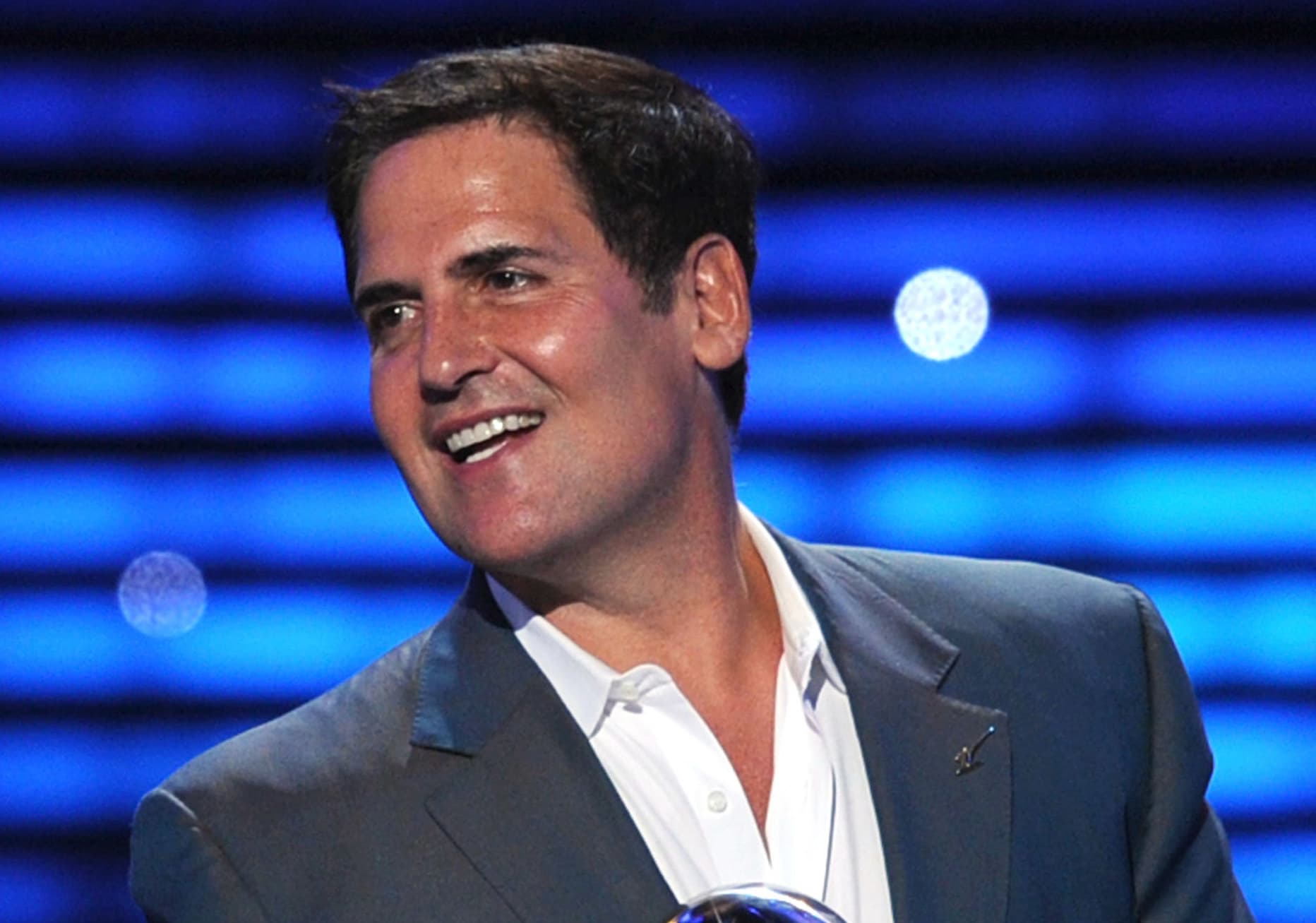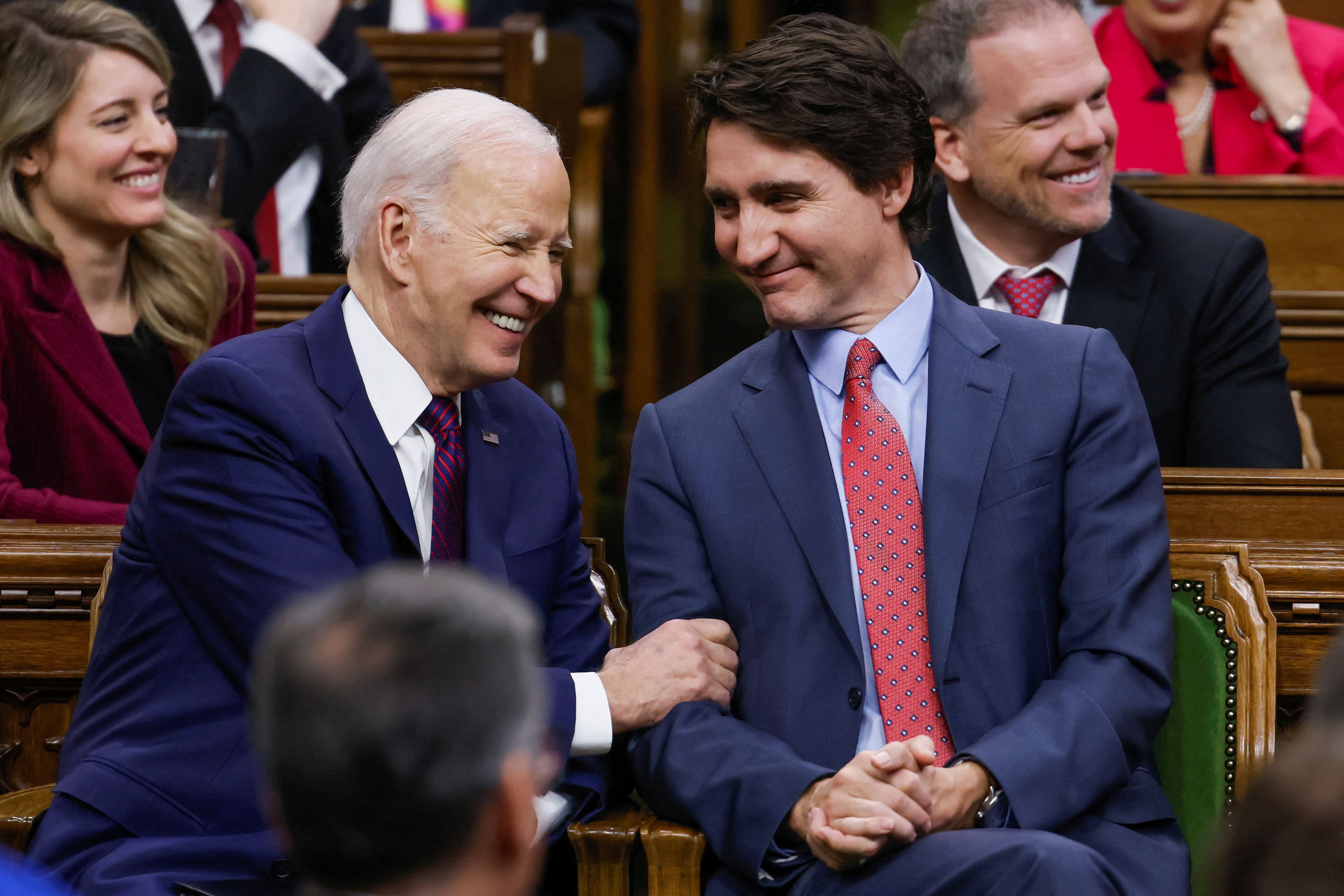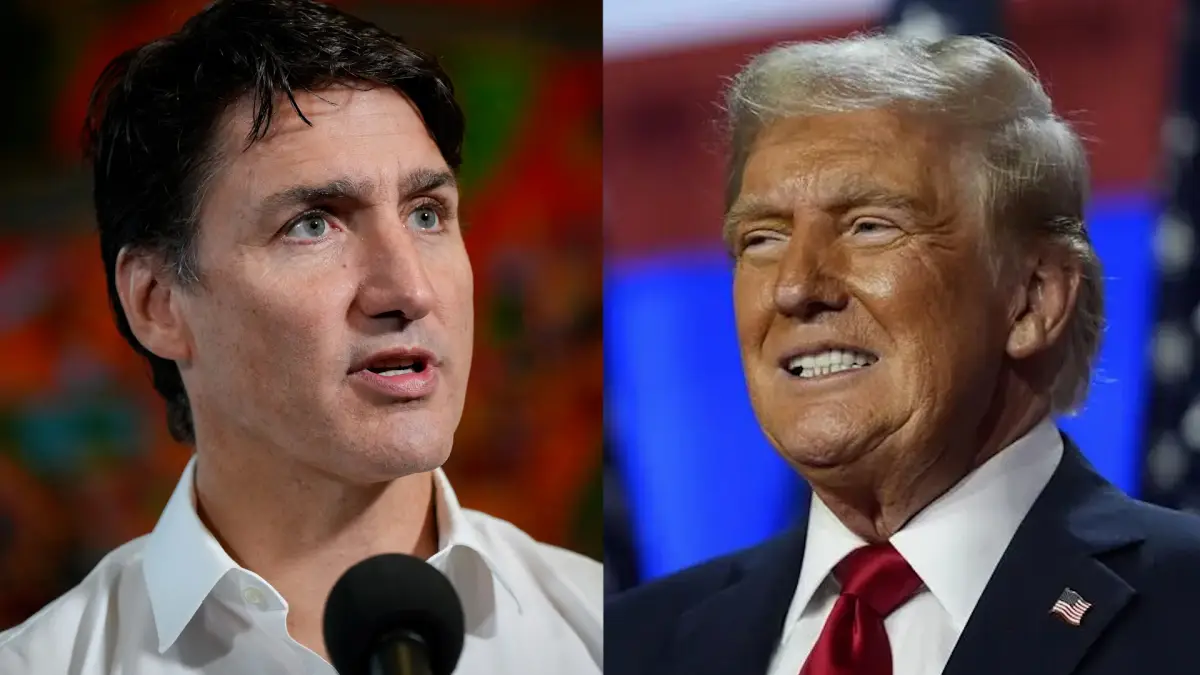Mark Cuban's Influence on U.S. Politics

Mark Cuban, best known as the billionaire owner of the Dallas Mavericks and a prominent figure on Shark Tank, has emerged as an influential voice in U.S. politics, despite not being an official candidate. His public stances on a variety of issues, from the economy to social policies, have positioned him as a key political figure with the potential to shape the future political landscape.
Though Cuban has repeatedly stated he is not seeking a political office, his influence cannot be ignored. His wealth, high-profile media presence, and outspoken views have earned him a seat at the table in political discourse, often using his platform to address pressing issues such as income inequality, healthcare, and the need for bipartisan cooperation. Cuban's political voice resonates particularly with younger, more progressive voters, who view him as a potential candidate for office due to his outsider status and business acumen.
One of Cuban's most notable contributions to U.S. politics has been his criticism of the current two-party system. He has expressed frustration with the polarization in American politics, advocating for a third-party alternative. Cuban's call for a more cooperative and less divisive political environment has earned him both praise and skepticism. Many view him as a beacon of hope for a more inclusive system, while others argue that his lack of political experience could be a disadvantage.
Cuban has also been vocal about his support for economic reform, particularly in the areas of wealth inequality and healthcare. He has advocated for policies that focus on expanding access to healthcare and improving the financial security of middle-class Americans. His ideas often focus on leveraging technology and innovation to address systemic problems, aligning with his business-oriented mindset.
In addition to his economic views, Cuban has engaged with social issues, particularly around race and policing in the U.S. His public statements following incidents of police violence have sparked discussions about the need for reform in law enforcement, adding his voice to a growing movement for racial justice.
While Cuban has not made any moves toward running for office, his name is frequently mentioned in political circles as a potential future contender. His ability to engage with both sides of the political spectrum, combined with his popularity and experience in business, makes him a compelling figure for those seeking change in U.S. politics.
In conclusion, Mark Cuban’s influence on U.S. politics goes beyond just his business success. By leveraging his platform and wealth, he has become a prominent political figure whose views on economic, social, and systemic issues continue to shape the national conversation. Whether or not Cuban will eventually run for office remains to be seen, but his impact as a political influencer is undeniable.




.jpg)

.jpg)
.jpg)
 (1).jpg)
 (1).jpg)
